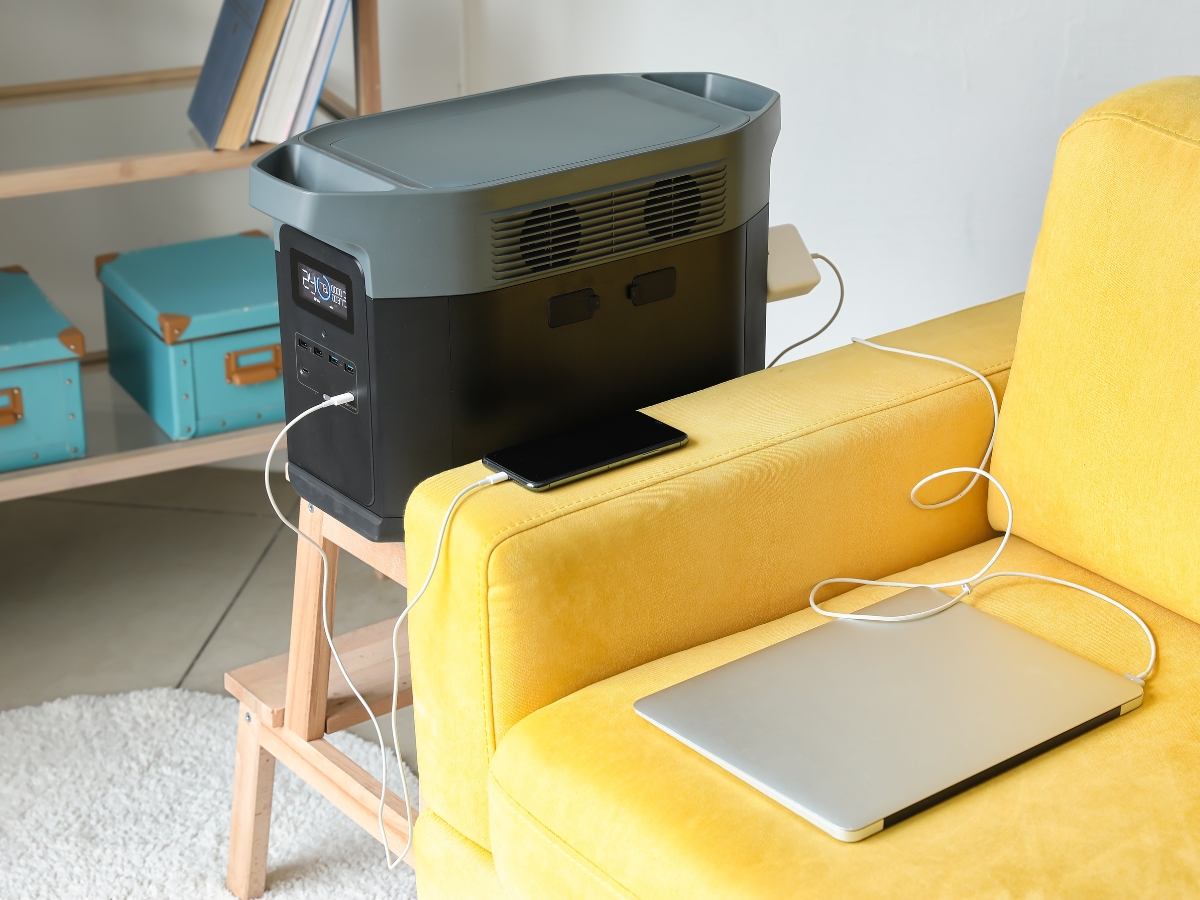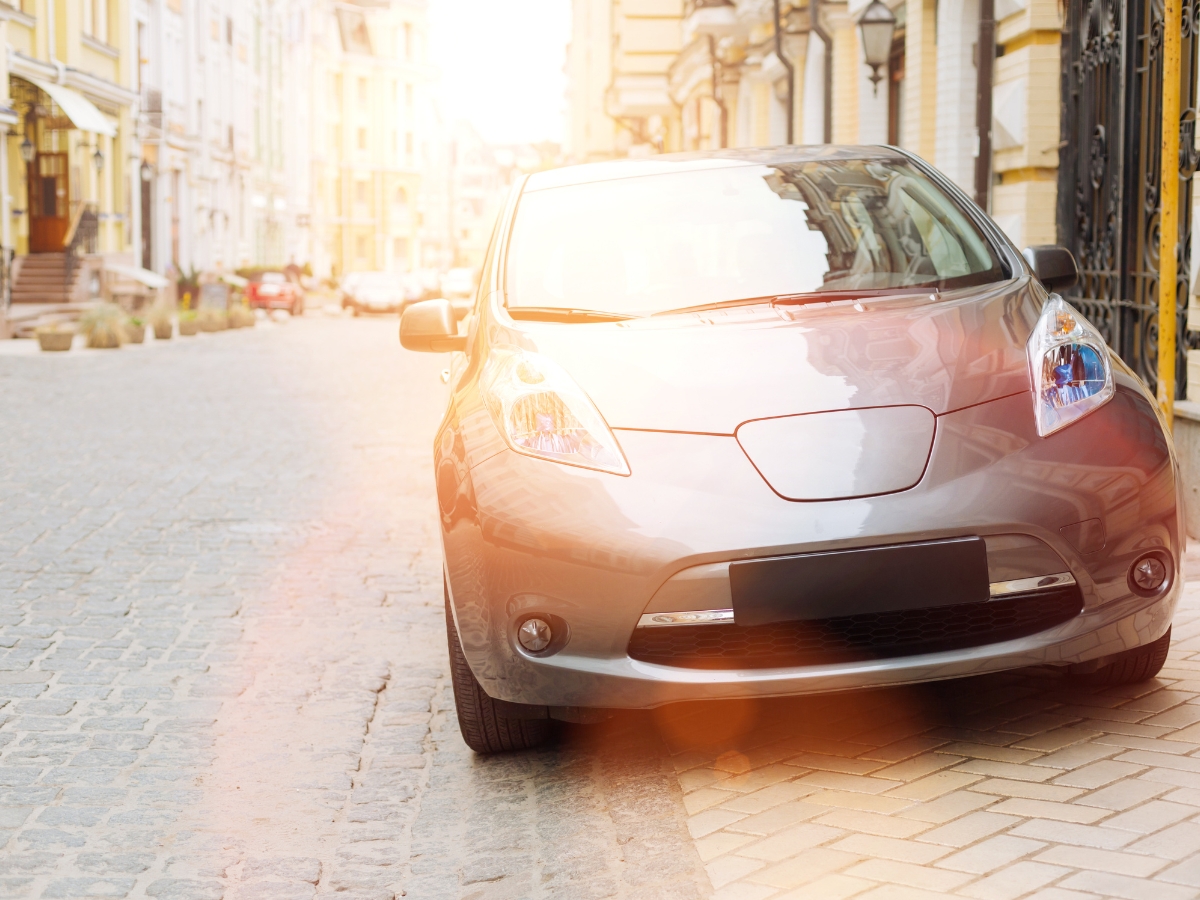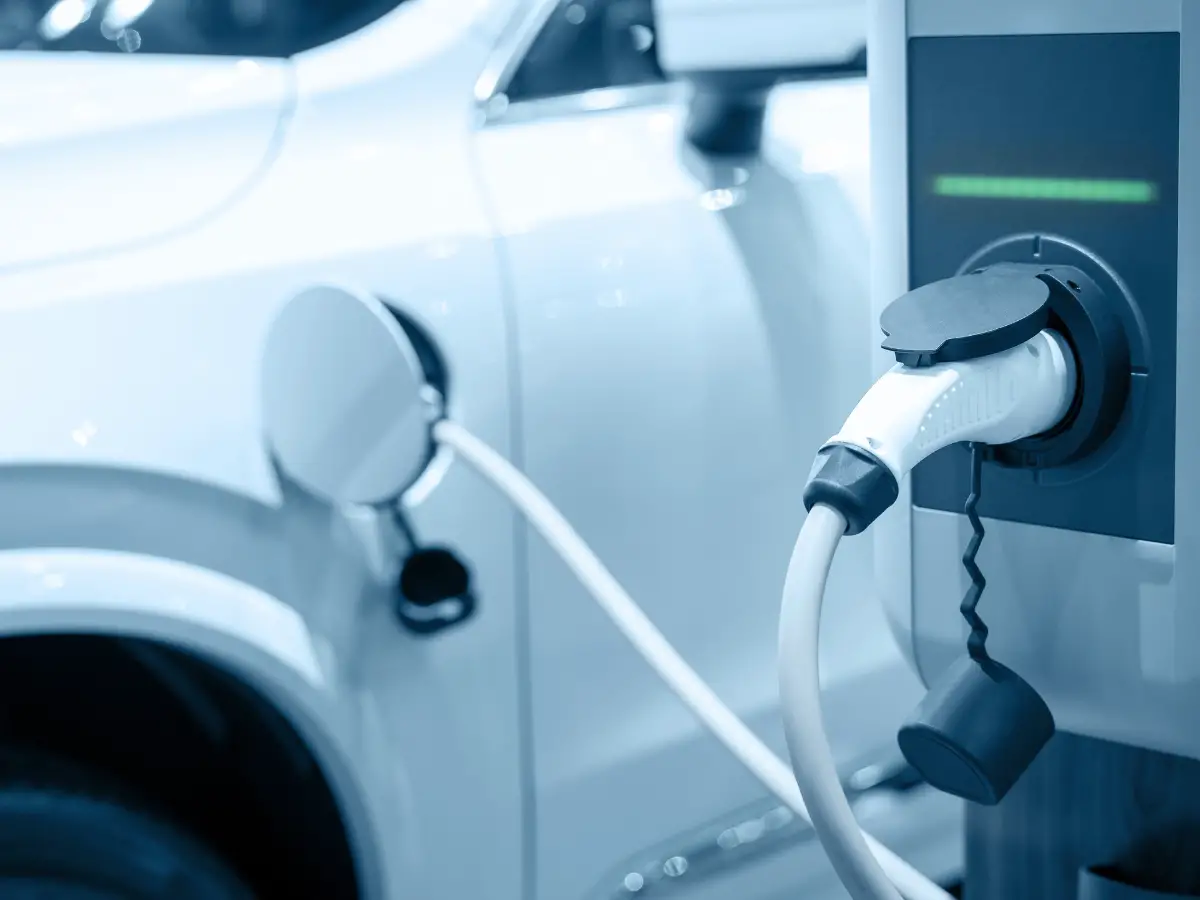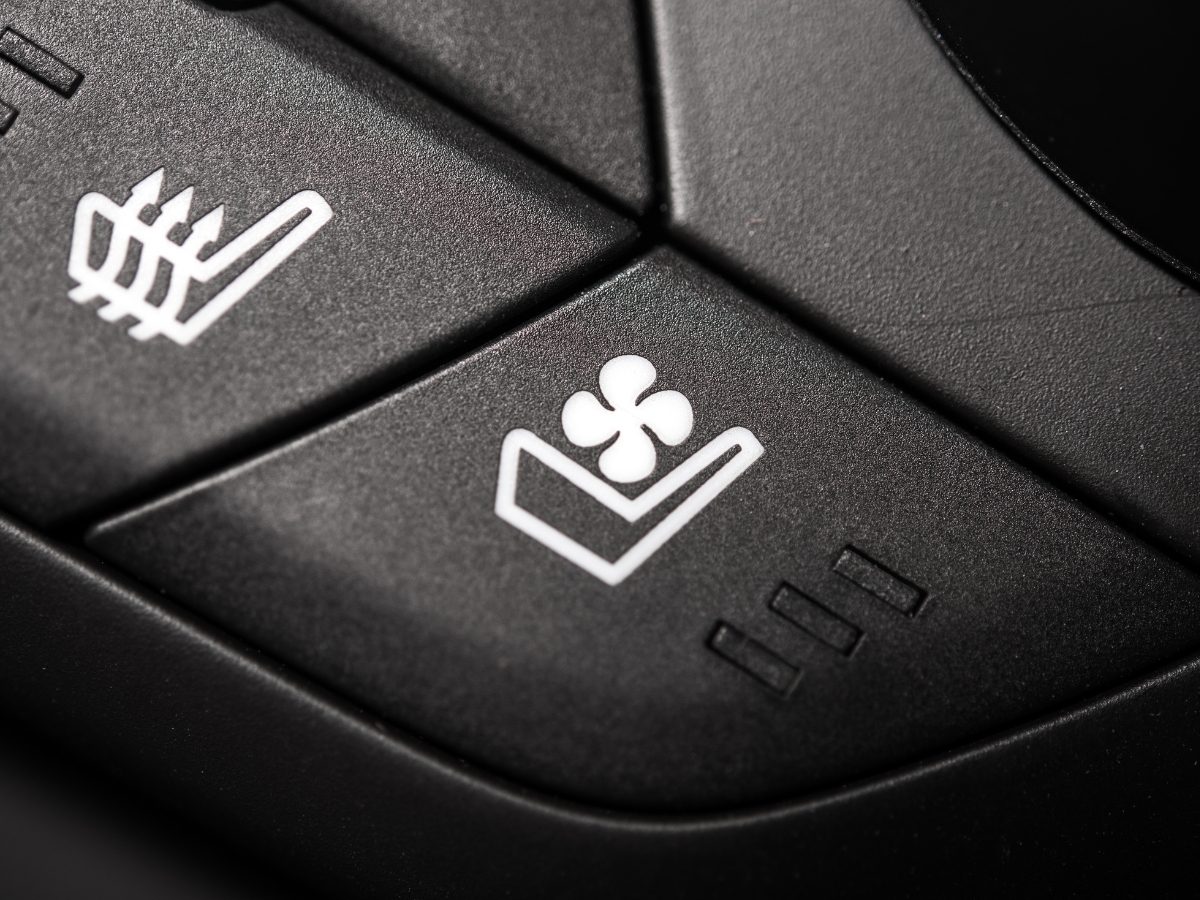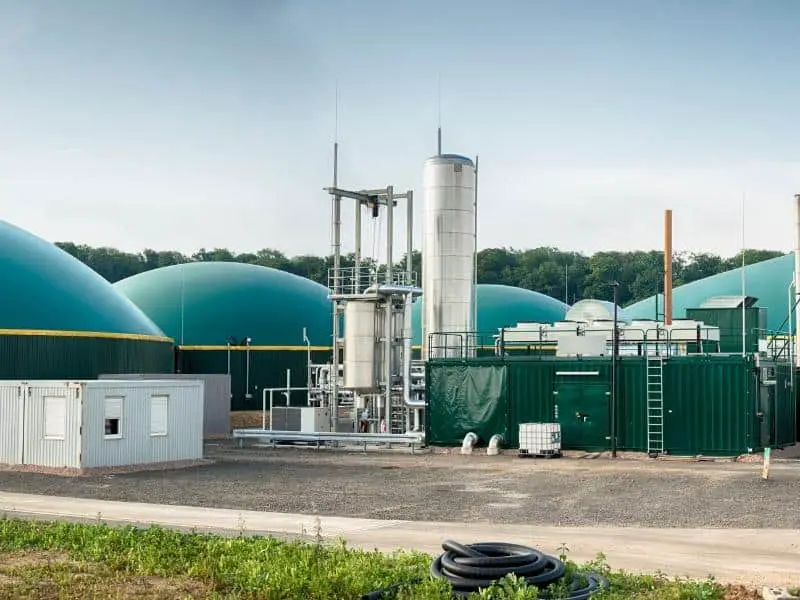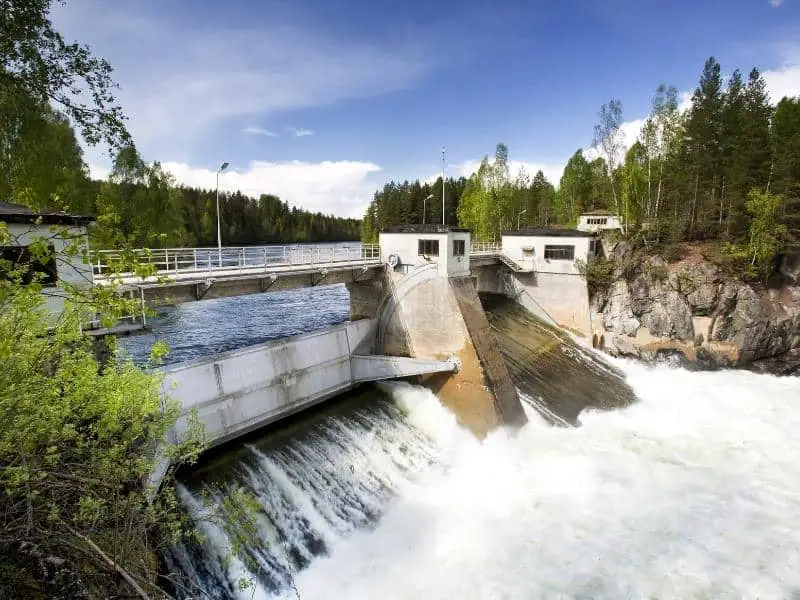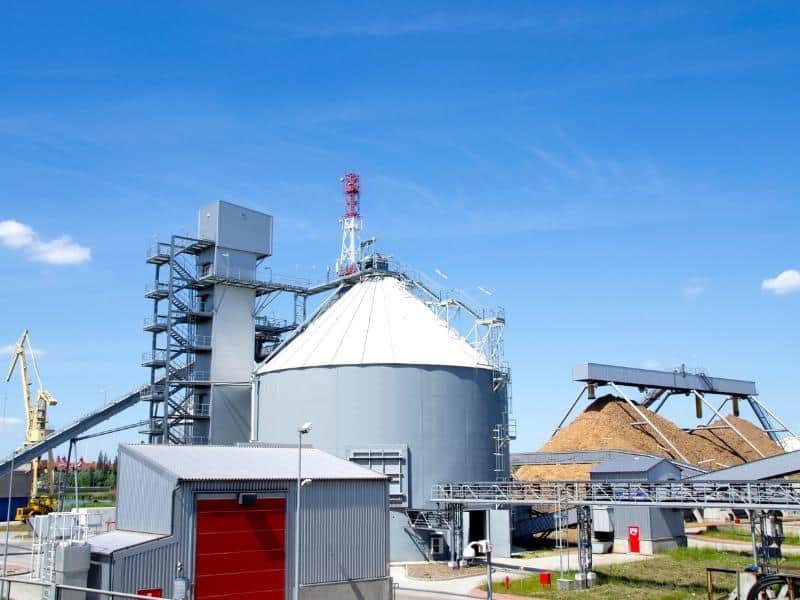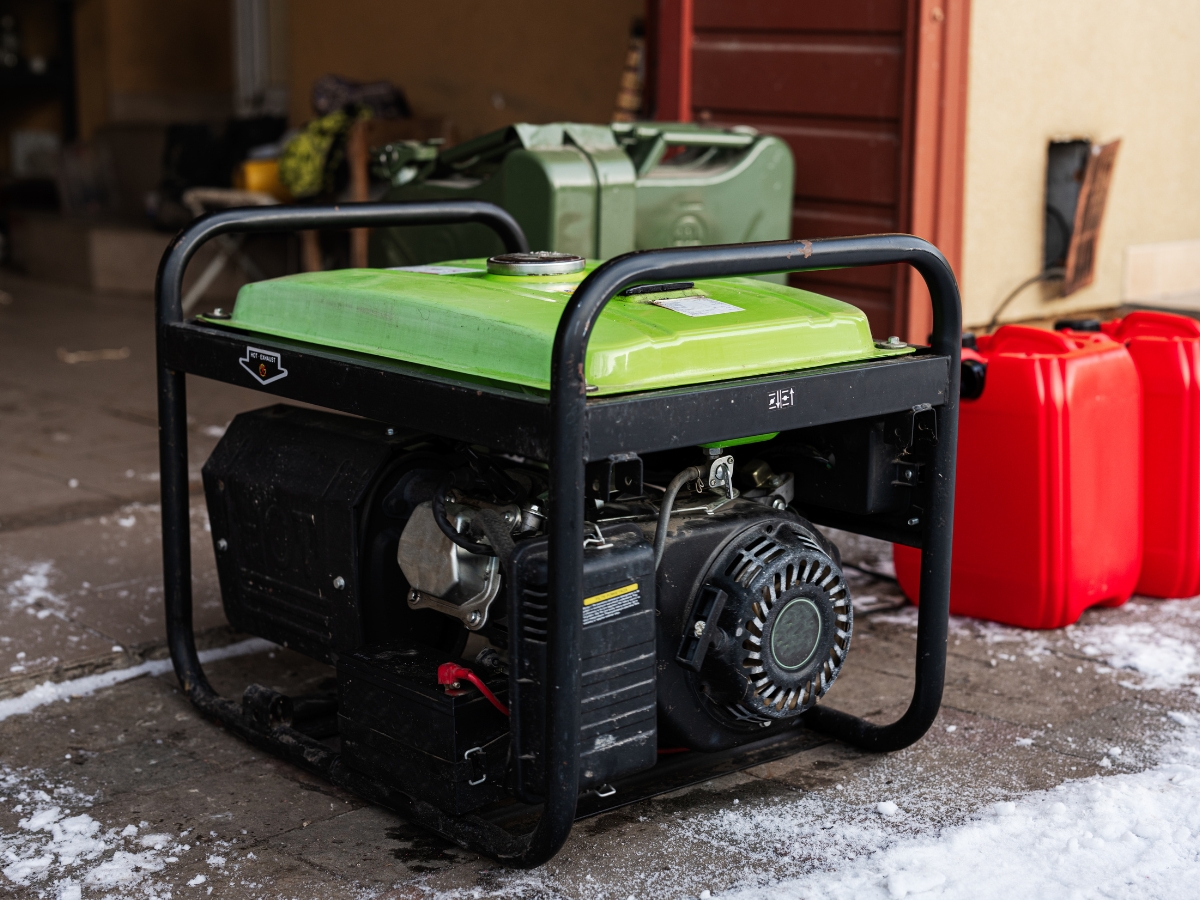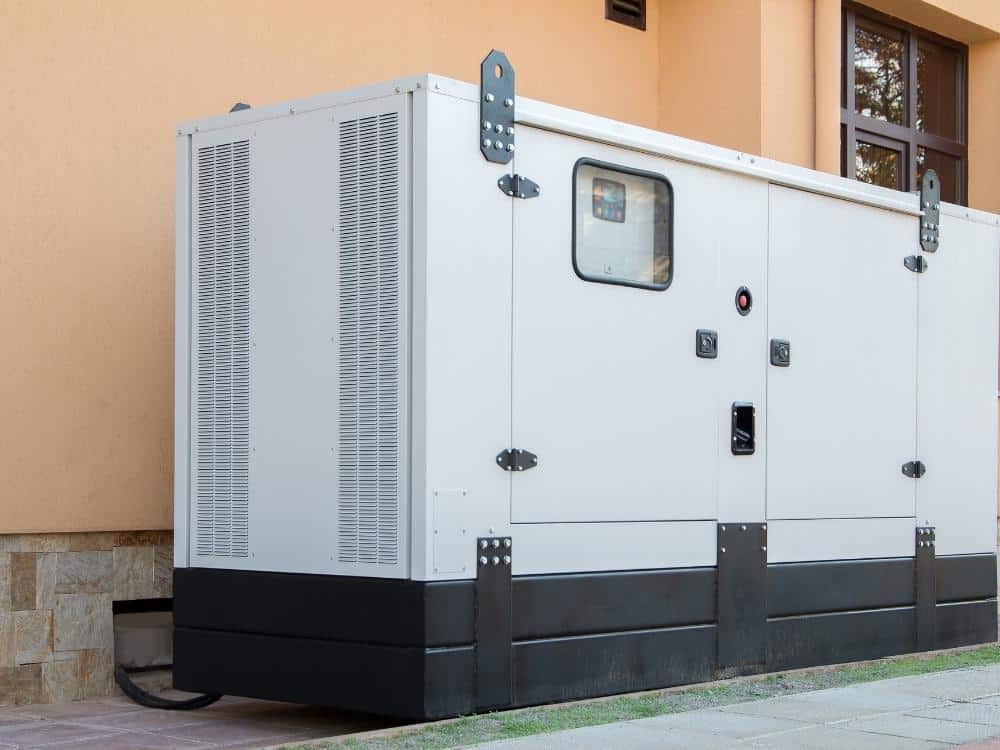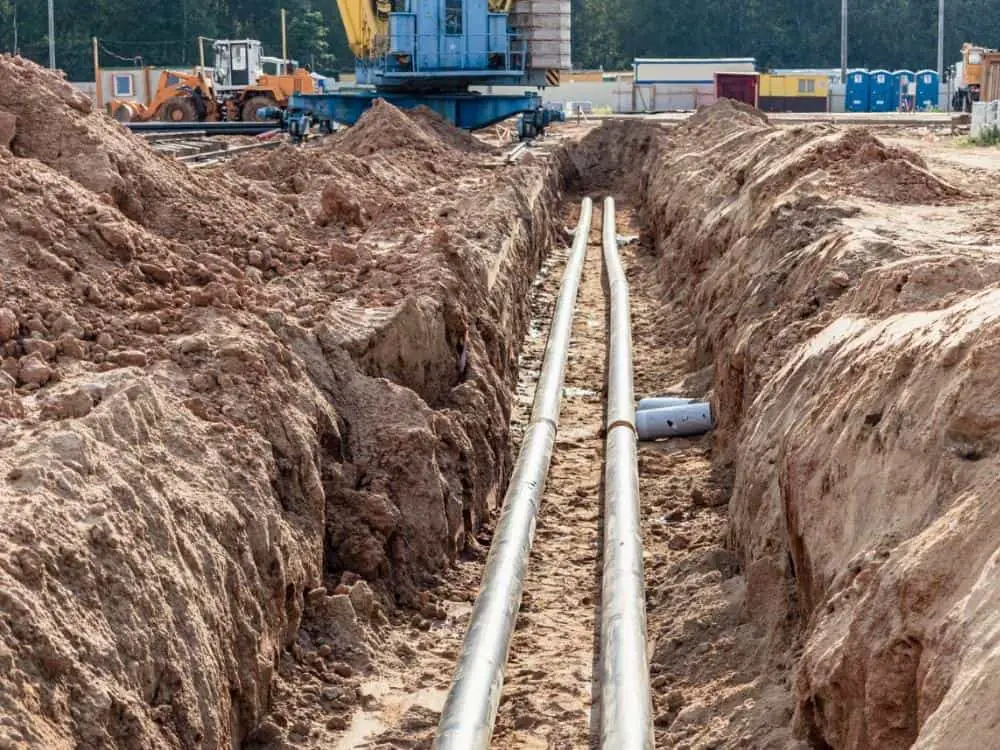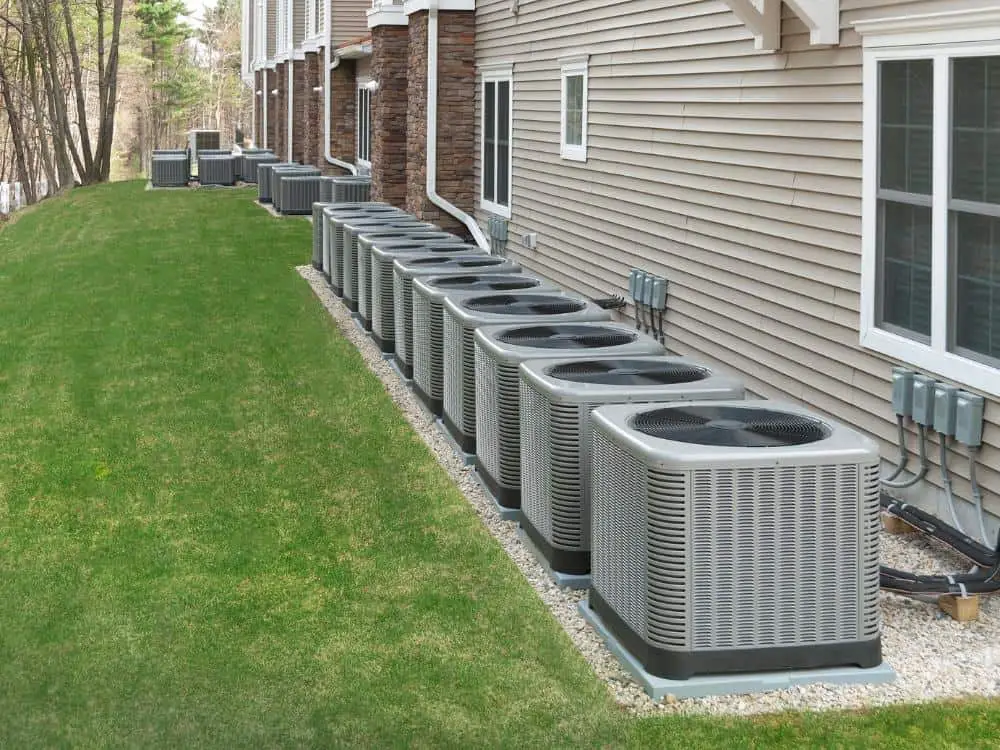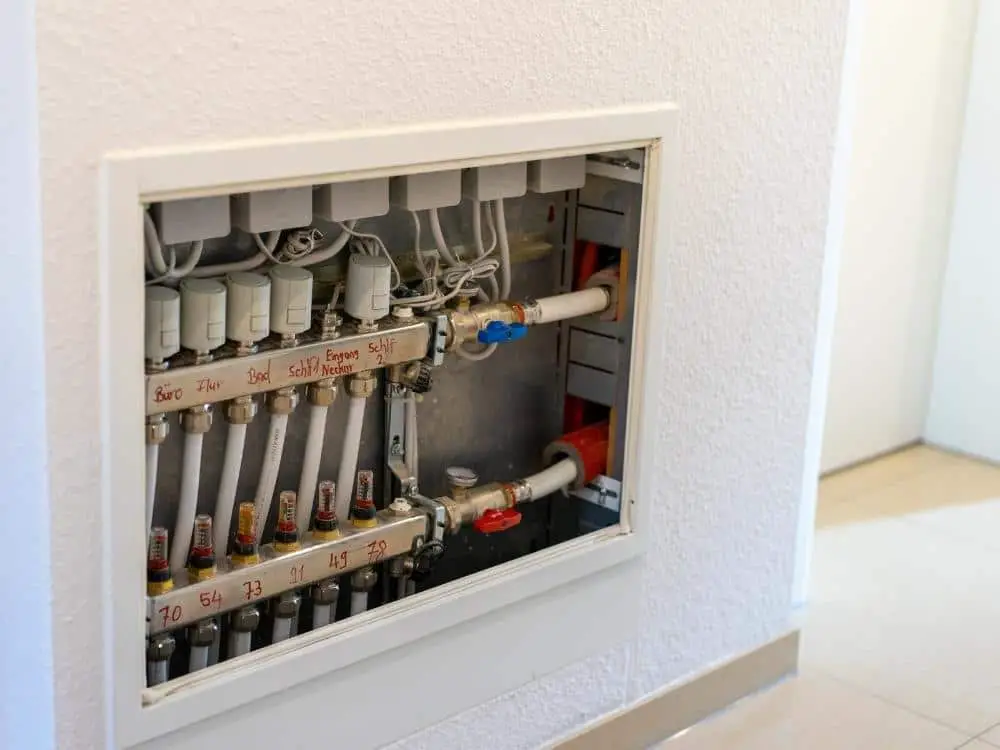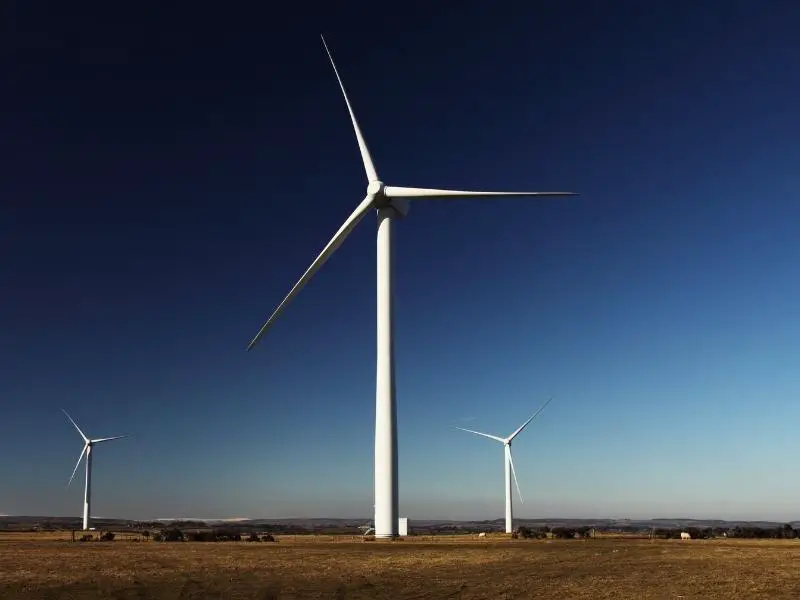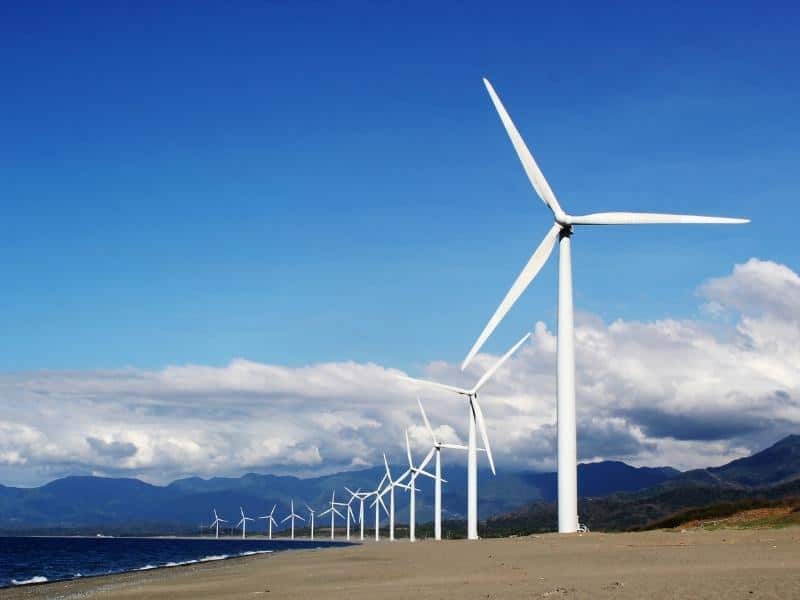Power – Energy – Renewables
Bio Fuel, Generators, Geothermal, Solar, Wind
Latest Blog Posts

Surge Accelerator View
Fossil Fuels
The use of fossil fuels has become a significant factor in climate change.
Environment
If we want a healthy environment for the future, we need to find another way to meet the needs of the people. This is where renewable energy comes in. Renewable energy, like the sun, wind, water, and geothermal heat, can be reused indefinitely.
Our Focus Groups
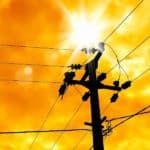
Energy
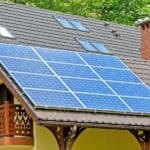
Home
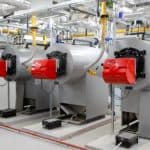
Commercial
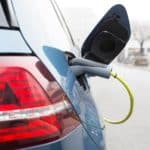
Travel
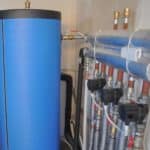
Water

Cleanweb
Surge Accelerator Focus
Renewable Energy
Renewable energy can help us reduce our carbon footprint, create energy independence, and save money. Natural processes, such as sunlight or wind, replenish renewable energy.
Efficiency
We at Surge Accelerator are also keen to improve our current infrastructure’s efficiency alongside repairing and effectively using our technologies.



